Microsoft hikes Bing Search API prices to “reflect technology investments”
Microsoft cited recent high-profile investments in Bing as justification for the price increases
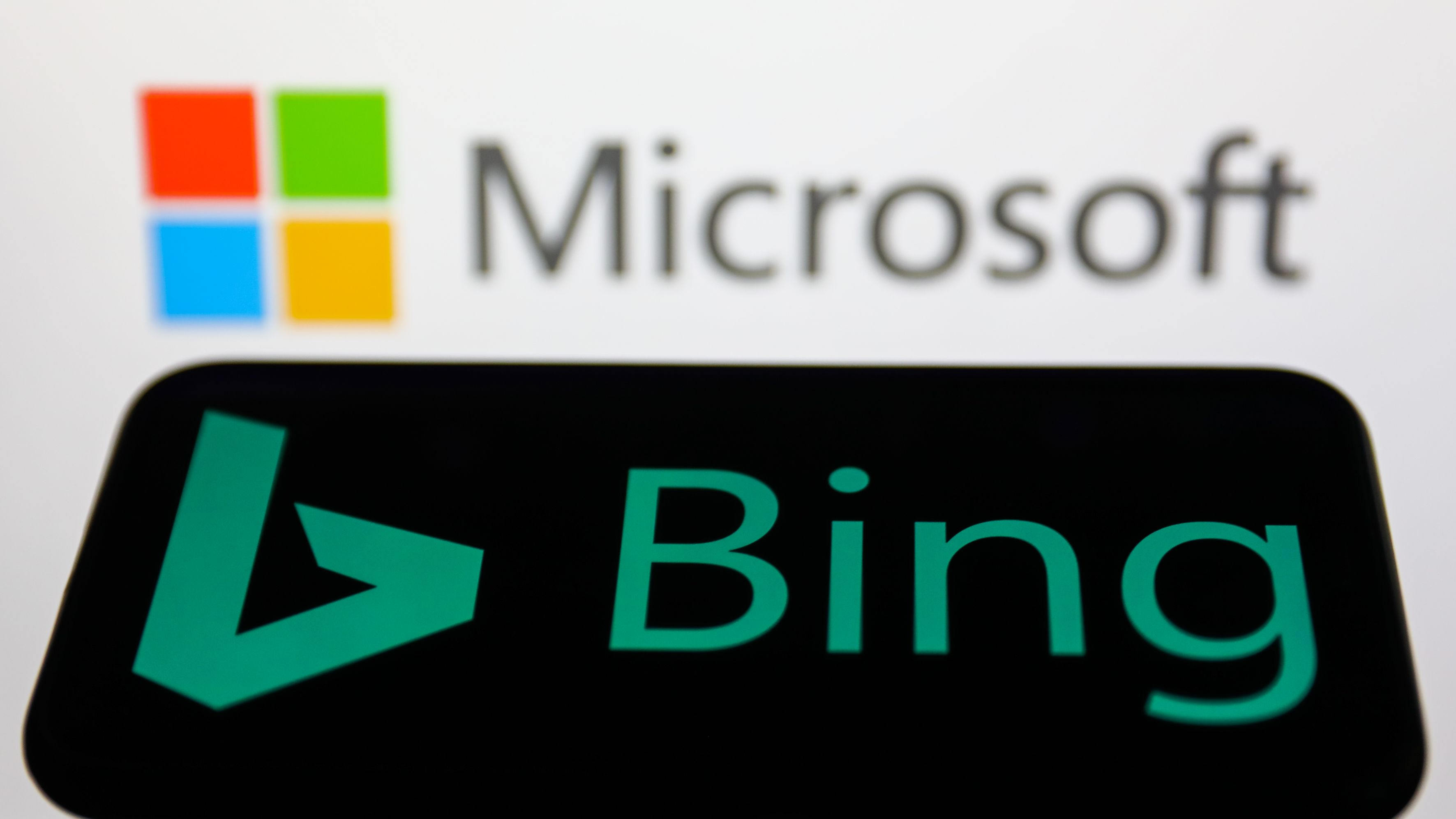

Developers that implement the Bing Search API could be set for major cost increases after Microsoft unveiled a range of pricing changes.
The changes represent a comprehensive overhaul of pricing tiers for the API. Microsoft told developers the increase will come into effect from 1 May this year and will apply “to all markets”.
“Starting 1 May 2023, you’ll be charged the new price for all Microsoft Bing APIs,” the company said.
“We periodically assess the value and pricing of our services to meet market demands and align the pricing of our products and services with customer consumption trends and preferences.”
This abrupt price hike appears to be directly related to recent tech investments made by the company, namely with the integration of ChatGPT in Bing.
“The new pricing model reflects more accurately the technology investments Bing continues to make to improve Search,” the company said.
Microsoft unveiled its new sharpened focus on Bing search earlier this month, sparking talk of a looming battle between the Redmond firm and Google in the browser, search, and generative AI spaces.
Get the ITPro daily newsletter
Sign up today and you will receive a free copy of our Future Focus 2025 report - the leading guidance on AI, cybersecurity and other IT challenges as per 700+ senior executives
The firm said the inclusion of chatbot technology within the Bing search engine will enable it to deliver “better search, more complete answers, a new chat experience, and the ability to generate content”.
How will the Bing API price changes work?
Pricing changes for Bing search are split into several separate tiers based on the volume of transactions per second (TPS).
In the S1 tier, for example, which is based on an average of 250 TPS, customers are currently charged $7 per 1,000 transactions for Bing Web Search and $7 per 25,000 transactions for Bing Image Search.
Under the new pricing, this will change to $25 per 1,000 web search transactions and $25 per 25,000 image search transactions, marking a significant average increase for customers on this tier.
Customers on this tier opting for the Optional Bing Statistics Add-in will also see prices rising from $1 per 1,000 transactions to $10, pricing data showed.
This statistics add-on gathers usage details based on the volume of user queries and applies to all Bing search services such as web, image, and news search.
RELATED RESOURCE
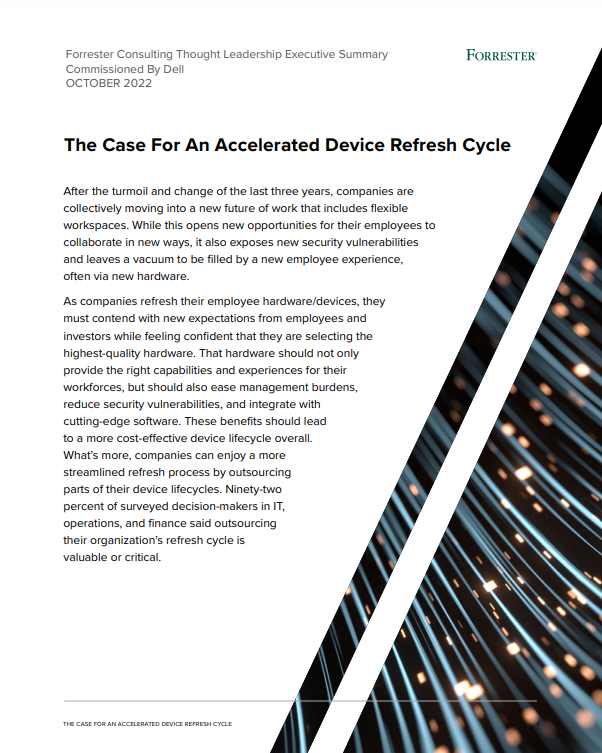
The case for an accelerated device refresh cycle
Achieving a more cost-effective device lifecycle overall
At present, customers that implement Bing search APIs are invoiced “based on number of transactions”, according to Microsoft.
These plans are pay-as-you-go and can incur penalties if the number of TPS is exceeded.
“If you happen to exceed the mentioned number of transactions per second, your usage will be throttled to be within the mentioned limit,” Microsoft says.
With the introduction of the new pricing plan, Microsoft said customers “do not need to take any action” as the changes will take effect “automatically and be reflected in the next billing cycle after the change is activated".
What providers use Bing search APIs?
Several major independent search providers use Bing APIs, including privacy-focused search engine DuckDuckGo and green search engine Ecosia. How these providers will be impacted by the pricing increase is unclear at present.
IT Pro has approached DuckDuckGo and Ecosia for comment on the matter.
Tightening grip on APIs
Microsoft’s price changes come as several major tech industry players tighten their grip on APIs. Twitter, for example, has been highly vocal about its intentions to overhaul the structuring of its API access.
At the beginning of February, the social media firm revealed it would no longer support free access to the Twitter API and planned to introduce a paid, tier-based system. This move sparked heavy criticism from the developer community.
The implementation of this change has been fraught with delays, however. On 13 February the company said it planned to delay the launch of its new API platform “by a few more days”.
Twitter is yet to reveal additional information on the launch of the new API platform.

Ross Kelly is ITPro's News & Analysis Editor, responsible for leading the brand's news output and in-depth reporting on the latest stories from across the business technology landscape. Ross was previously a Staff Writer, during which time he developed a keen interest in cyber security, business leadership, and emerging technologies.
He graduated from Edinburgh Napier University in 2016 with a BA (Hons) in Journalism, and joined ITPro in 2022 after four years working in technology conference research.
For news pitches, you can contact Ross at ross.kelly@futurenet.com, or on Twitter and LinkedIn.
-
 Bigger salaries, more burnout: Is the CISO role in crisis?
Bigger salaries, more burnout: Is the CISO role in crisis?In-depth CISOs are more stressed than ever before – but why is this and what can be done?
By Kate O'Flaherty Published
-
 Cheap cyber crime kits can be bought on the dark web for less than $25
Cheap cyber crime kits can be bought on the dark web for less than $25News Research from NordVPN shows phishing kits are now widely available on the dark web and via messaging apps like Telegram, and are often selling for less than $25.
By Emma Woollacott Published
-
 Google Play to trial alternative billing system in 'app store first'
Google Play to trial alternative billing system in 'app store first'News Trial follows new law in South Korea preventing big app operators from forcing developers to use their platform’s payment systems
By Zach Marzouk Published
-
 Google launches fleet management solutions for last-mile deliveries
Google launches fleet management solutions for last-mile deliveriesNews The tech giant’s new logistics tools allow for end-to-end optimization of the delivery process
By Praharsha Anand Published
-
 Nikulipe: Has COVID democratised online payments?
Nikulipe: Has COVID democratised online payments?Case Studies With more customers forced to buy online, are merchants offering the right ways to pay?
By Elliot Mulley-Goodbarne Published
-
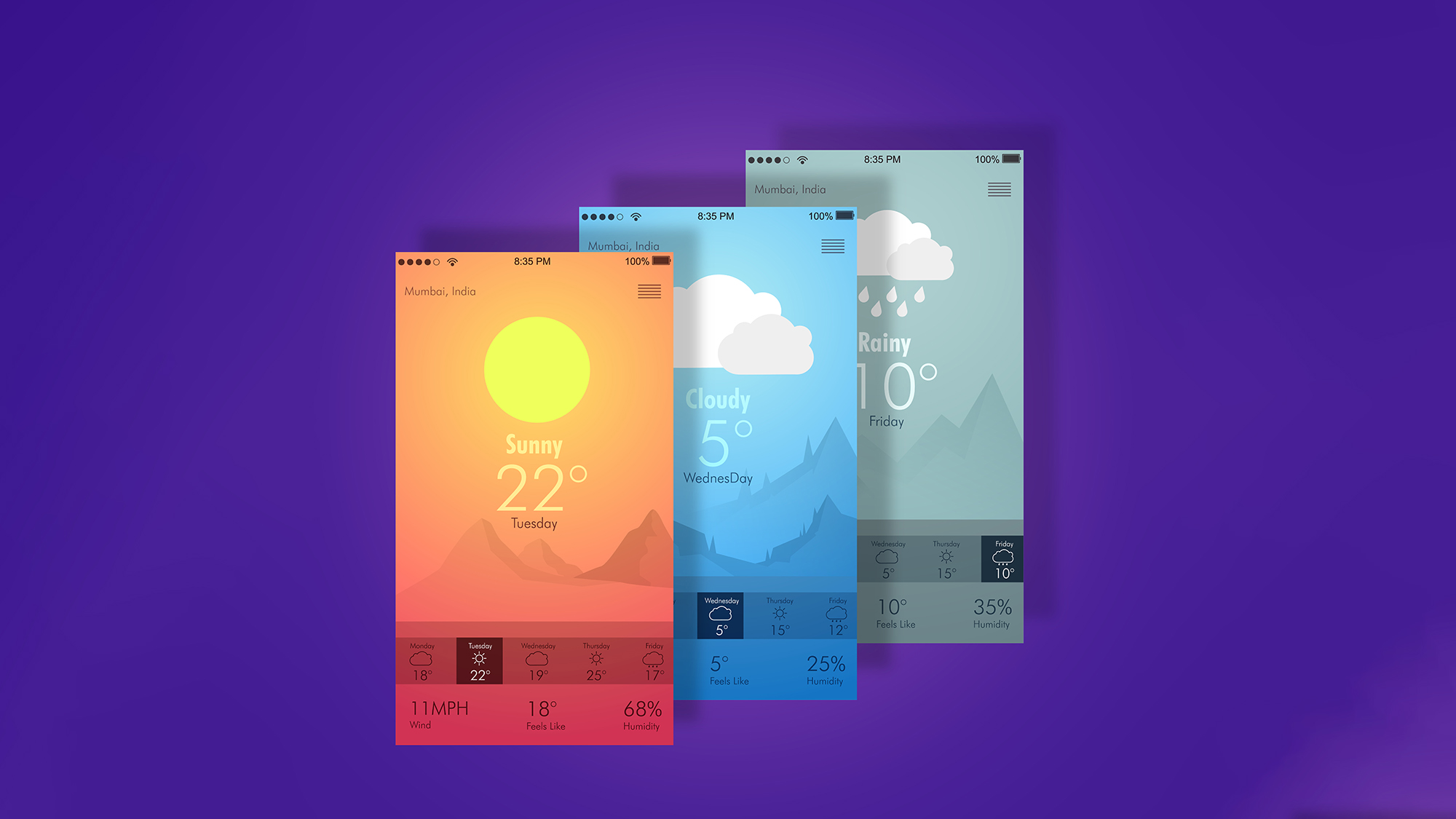 How to code a weather app in React
How to code a weather app in ReactTutorials Ace your next technical interview with this versatile starter project
By Jessica Cregg Published
-
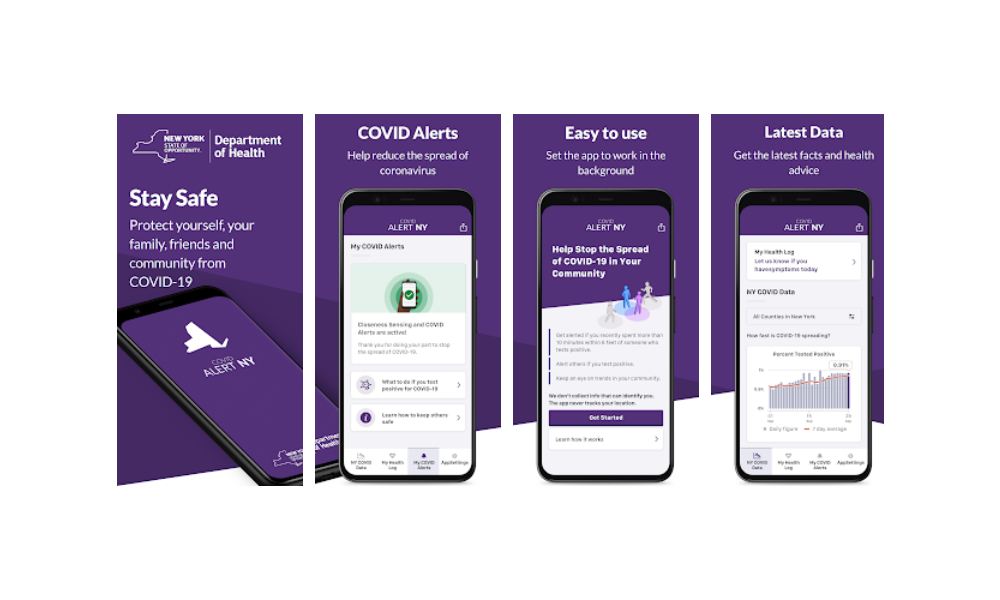 COVID-19 contact-tracing apps are finally spreading across the US
COVID-19 contact-tracing apps are finally spreading across the USNews COVID-19 contact-tracing apps now cover about 21% of the US population
By Praharsha Anand Published
-
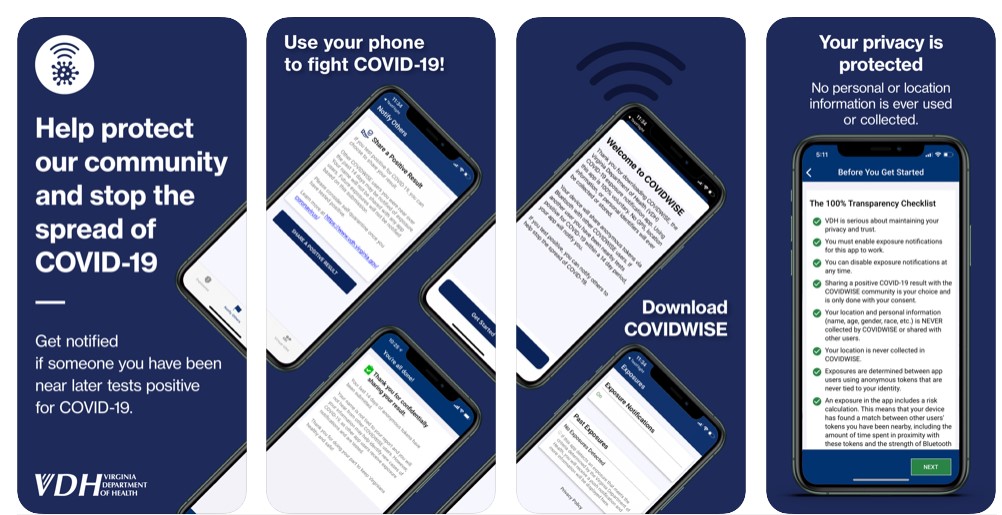 Virginia becomes first state to use Google and Apple’s contact-tracing API
Virginia becomes first state to use Google and Apple’s contact-tracing APINews Virginia may soon be followed by North Dakota, Alabama and South Carolina
By Justin Cupler Published
-
 Apple is the latest to strip racist undertones from coding
Apple is the latest to strip racist undertones from codingNews Apple will no longer use terms like “master” and “slave” in its coding, products or APIs
By Justin Cupler Published
-
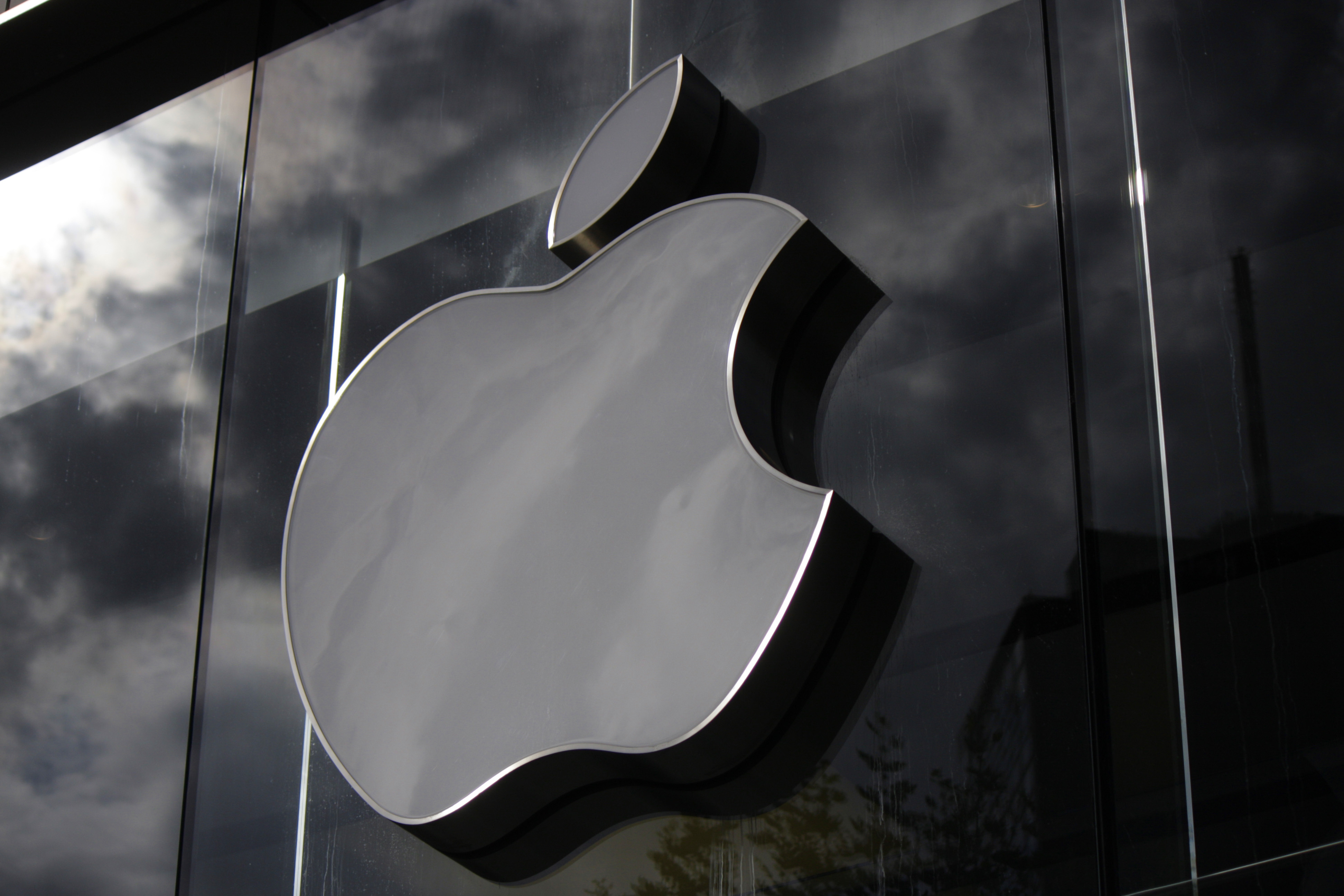 Apple buys Dark Sky weather app and leaves Android users in the cold
Apple buys Dark Sky weather app and leaves Android users in the coldNews App creators and Android users alike scramble to find a replacement
By Sarah Brennan Published